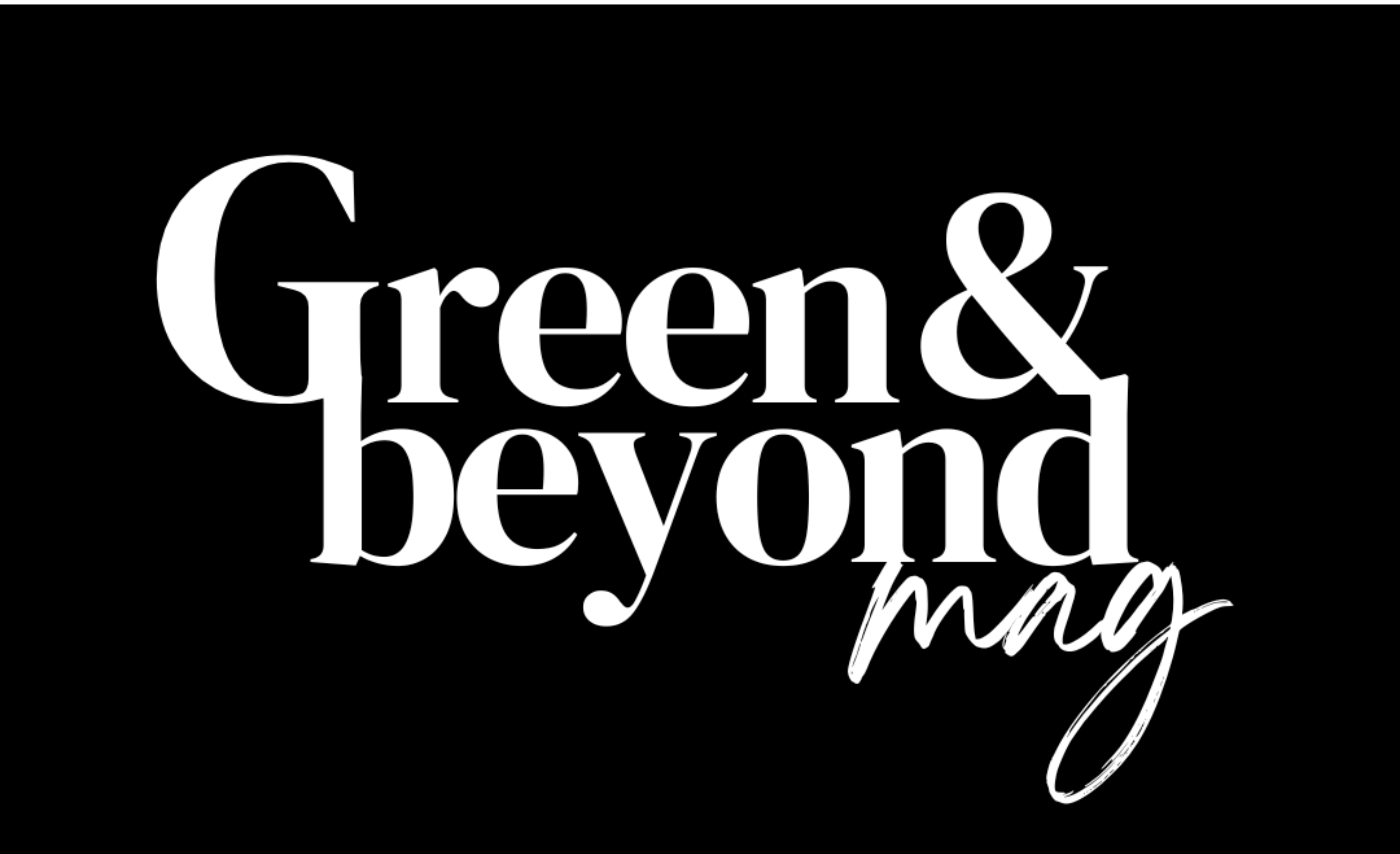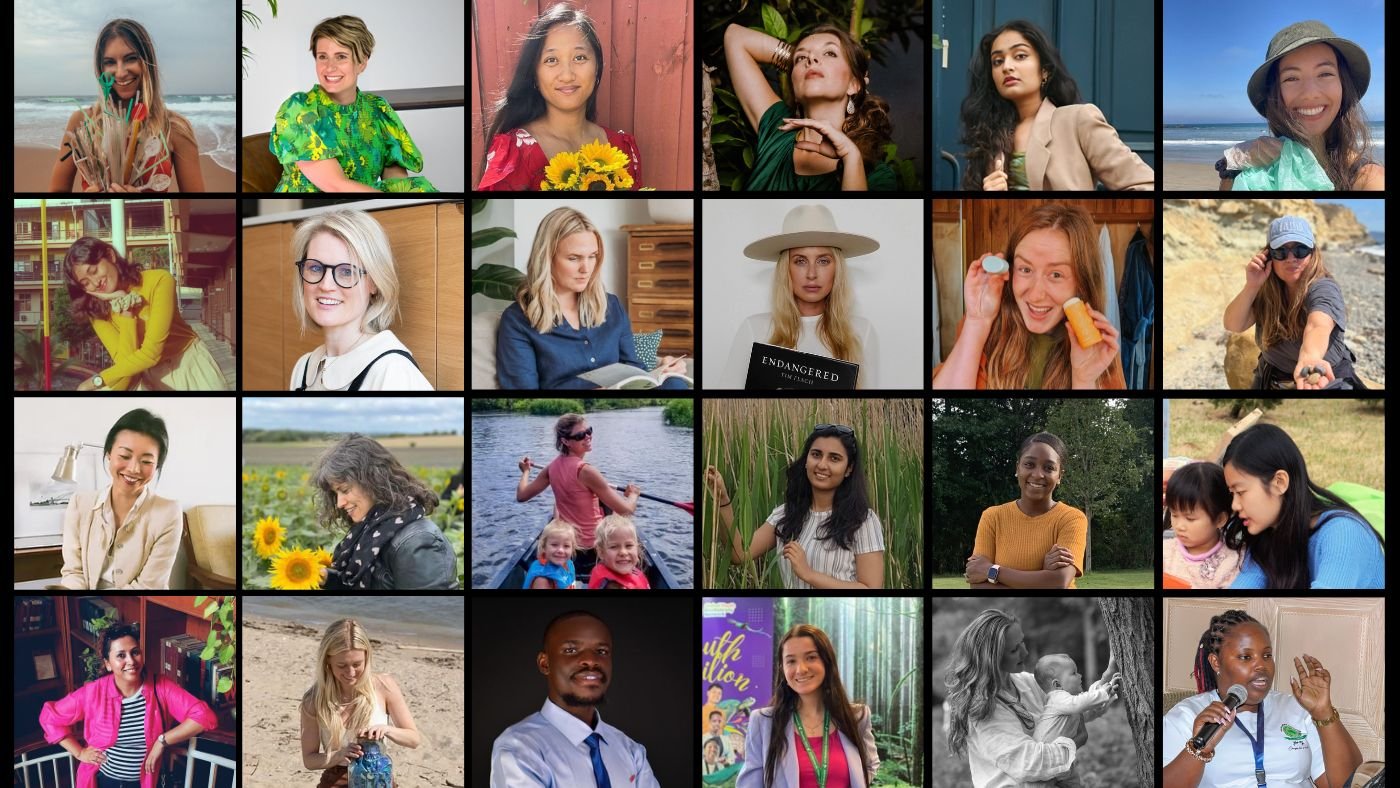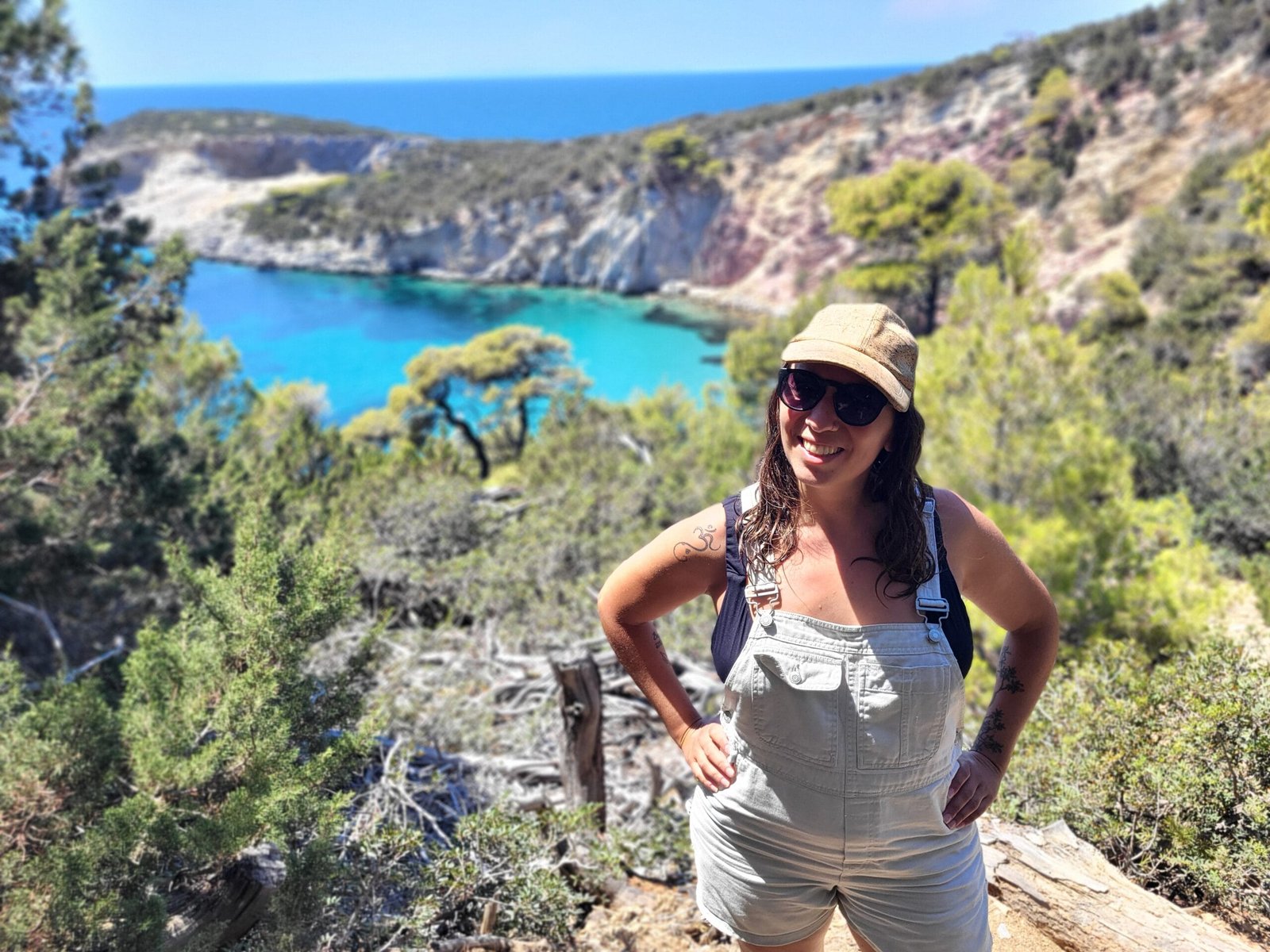As the Plastic Free July campaign comes to a close, we find ourselves filled with inspiration and gratitude for the incredible community of climate activists, sustainable lifestyle enthusiasts, and eco-conscious individuals who came together to make a difference. Throughout this transformative month, we’ve had the privilege of hearing from a diverse group of inspiring individuals, including climate activists, sustainable lifestyle content creators, conscious entrepreneurs, and more. Their valuable insights have shed light on the importance of reducing plastic consumption and the positive impact it can have on our planet and our lives. It’s now time to recollect what we’ve learned throughout the month, so we can continue to make conscious choices every day to protect our planet and create a greener, healthier future for generations to come.
The Impact of Plastic Pollution
Tania Roa, a passionate climate activist, reminds us of the undeniable truth that plastic pollution is a result of the overuse of fossil fuels. From production to consumption, the entire lifecycle of plastic generates excessive pollution that our planet struggles to bear. Plastic waste infiltrates waterways, endangers wildlife, and even finds its way into our bodies. However, Tania also instills hope, urging us to remember that humans once lived without plastic and that we can reclaim our lives from plastic’s grip. She advocates for reuse, upcycling, and opting for plant-based materials whenever possible to make a positive difference.
Long-Term Thinking for Sustainable Change
Inanna, a musician and climate advocate, sheds light on the urgency of long-term thinking in tackling plastic pollution. She sees plastic as a symbol of a throwaway culture that prioritizes short-term convenience over the planet’s well-being. Recognizing that the Earth’s resources are finite, Inanna calls for a collective shift towards sustainable, ecological, reusable, and compostable alternatives to single-use plastics. By embracing change and questioning our habits, we can drive a vital transformation toward a greener, cleaner future.
The Multi-Faceted Importance of Reducing Plastic Consumption
Winnie Cheche, a dedicated climate activist, articulates the multiple benefits of reducing plastic consumption. By minimizing plastic waste, we protect our environment, preserve resources, and combat climate change. Plastic pollution has far-reaching consequences, affecting human health, wildlife, and the delicate balance of our ecosystems. Winnie’s call to action is an urgent reminder that protecting our planet is a collective responsibility.
Taking Charge of Our Health and Environment
Natalie Chung, a passionate climate advocate, eloquently highlights the suffocating reality of plastic pollution on our planet. From microplastics in Antarctica to the farthest reaches of our oceans, plastic waste knows no boundaries. Natalie’s message is clear: we must take control of our plastic addiction before it takes control of us. By reducing plastic consumption, we secure a safer, healthier environment for current and future generations.
Addressing Climate Change and Promoting Conservation
Lamech Opiyo, a driven climate activist, stresses the crucial role of reducing plastic consumption in mitigating climate change. The life cycle of plastic, from fossil fuel extraction to disposal, contributes significantly to greenhouse gas emissions. By reducing our plastic footprint, we can champion sustainable waste management and conserve valuable resources. Lamech’s message resonates strongly with the idea that a safe and healthy environment is essential for our well-being and that of our planet.
Holding Corporations Accountable and Creating Ripple Effects
Niha Elety, an influential climate advocate and eco-entrepreneur, calls for collective action to hold fossil fuel companies accountable for their plastic waste. By driving demand for eco-friendly materials and reusable alternatives, individuals can inspire systemic change and transition towards a circular economy. Her powerful message is that, as a collective force, we can challenge corporate practices and spark a wave of sustainable innovation.
Puja Mishra, an eco and slow-fashion advocate also emphasizes the power of individual actions in creating a ripple effect for positive change. Each small step we take towards a plastic-free lifestyle contributes to a monumental shift in behavior, ultimately leading to a more sustainable world. Puja’s lesson reminds us that every eco-conscious choice matters and inspires us to be catalysts for collective change.
Empowering Change Through Education and Advocacy
Margarita Samsonova, an influential eco-advocate and eco-entrepreneur, emphasizes the power of education and community engagement. By sharing our plastic-free journey and advocating for sustainable choices, we can inspire others and drive the collective change needed to protect our planet.
Celebrating Sustainable Fashion and Empowering Change
Clementina Martinez, a multifaceted sustainable fashion designer, and filmmaker, passionately advocates for reducing plastic consumption. She reminds us that the harmful impact of plastic waste goes beyond environmental damage; it affects our DNA, infiltrating our unborn babies and jeopardizing future generations. Embracing history as our guide, Clementina encourages us to reject the notion that we need plastic in our lives and instead, pave the way for a plastic-free future.
Alex Standley, a sustainable fashion stylist, also sheds light on the importance of making fashion more sustainable to combat plastic waste. By supporting eco-friendly and ethical fashion choices, we can significantly reduce the fashion industry’s plastic footprint. Alex’s lesson shows us that embracing sustainable fashion can be a powerful way to protect the environment.
Tackling Microplastics and Minimalism
Monica Richards, an eco-advocate and TV personality focuses on two crucial aspects of a plastic-free lifestyle: tackling microplastics and embracing minimalism. By switching to laundry and dishwasher pods, she ensures that microplastics do not leach into the water system. Additionally, adopting a minimalist mindset allows us to avoid unnecessary plastic consumption. Monica’s lesson shows that conscious choices can have a significant impact on reducing plastic pollution.
Embracing Imperfect Environmentalism and Meaningful Changes
Anne Therese Gennari, an eco-advocate and climate writer, invites us to view Plastic Free July as an opportunity for transformation. Rather than aiming for perfection, she encourages us to recognize our habits and seek sustainable alternatives. Embracing this challenge with transparency, patience, and understanding, we can embark on a journey of meaningful change.
Kate, an eco-advocate, encourages us to avoid overwhelm when transitioning to a plastic-free lifestyle. Her advice is simple but powerful: focus on one change at a time, allowing for gradual progress. By being patient with ourselves, we can build sustainable habits that last.
Linna, a passionate eco-advocate, promotes the idea of imperfect environmentalism. She reminds us that embracing sustainable practices, even in small steps, contributes to a monumental shift in the collective mindset. By upcycling and reusing items at home, we can reduce waste and make a positive impact.
Embracing Sustainable Swaps and Mindful Choices
Kate Hall, a dedicated eco-advocate, shares her favorite tip for avoiding plastic – utilizing beauty bar concentrates. By transitioning to reusable and home-compostable packaging, Kate eliminates plastic bottles from her shower and skincare routine. Her sustainable choices not only benefit the planet but also prove that satisfaction can coexist with eco-consciousness.
Michelle Sabado, an eco-advocate, encourages us to adopt a conscious approach to consumption. By considering the resources used in the production and disposal of products, we can make informed choices that prioritize sustainability and ethics.
Hannah Tizedes, an artivist, exemplifies the power of preparedness. Armed with a reusable bag, water bottle, and other essentials, she demonstrates how simple swaps can significantly reduce plastic consumption in our daily lives.
Laura Raffin offers sustainable solutions for the kitchen and home, highlighting the impact of replacing cling wrap with reusable wax wraps and silicone lids. By making these simple swaps, Laura significantly reduces plastic waste in her daily routines. Her lesson encourages us to seek out practical alternatives that align with our commitment to a plastic-free lifestyle.
Bulk Buying for a Greener Future
Taylor Ganis, a climate activist advocates for bulk buying as a means to reduce plastic packaging and overall environmental impact. Making bulk purchases replaces numerous small packages, resulting in less plastic waste. Taylor’s lesson encourages us to make mindful choices in our consumption patterns to minimize plastic use and waste.
Abdy, an eco-advocate, advocates for buying items in bulk, reducing the product-to-packaging ratio, and ultimately saving on plastic waste. Taylor Ganis, another climate advocate, echoes Abdy’s sentiment, urging us to make mindful choices by opting for bulk purchases to reduce plastic consumption.
Creative Solutions and Sustainable Habits
Karen Maurice, an eco-advocate, shares the impact of shopping at a more affordable zero-waste shop. By refilling household products with reusable and refillable containers, Karen significantly reduces her plastic waste output. Her journey towards a sustainable lifestyle serves as an inspiration to others.
Lacie Wever, an eco-advocate and busy mom, showcases the power of creative solutions. By cloth diapering her children and making mindful choices in daily life, she exemplifies how small changes can lead to significant impacts in reducing plastic waste.
Sara Docarmo, an eco-advocate and content creator, leads by example in her plastic-free journey. From using a menstrual cup to natural deodorant and shampoo bars, Sara shows that adopting sustainable swaps can lead to a more eco-friendly lifestyle. Her lesson inspires us to take actionable steps and lead the way toward a plastic-free future.
The Plastic Free July Campaign brought together all these inspiring voices united against plastic pollution. From climate activists and eco-entrepreneurs to sustainable fashion designers and eco-advocates, these individuals showcased the power of individual actions and collective efforts in reducing plastic consumption. Their stories and favorite tips demonstrated that small steps when combined, create a powerful force for change. By collectively embracing sustainable practices, holding corporations accountable, and being mindful of our plastic consumption, we can pave the way toward a cleaner, greener, and plastic-free world. Together, we can turn the tide against plastic pollution and create a cleaner, greener planet for generations to come.








